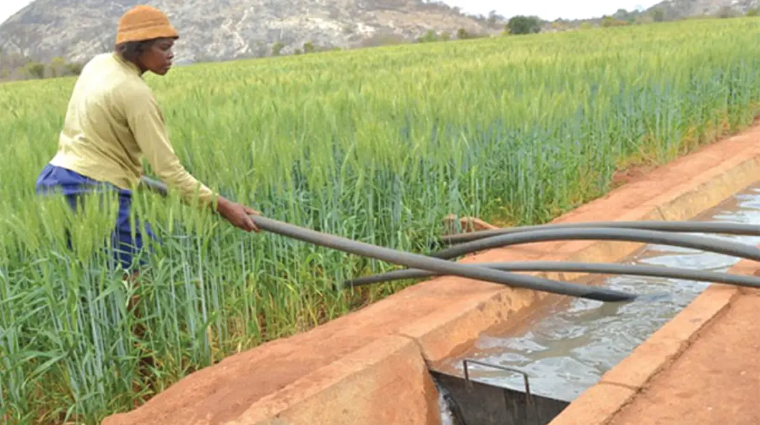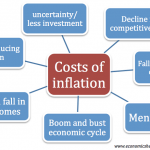A report on infrastructure spending released alongside the 2023 budget shows over 50 irrigation schemes under the Turnkey and the National Accelerated Irrigation Development Programme, which includes wheat projects. The Smallholder Irrigation Revitalisation Program, co-funded by Government and IFAD, has 2 800ha irrigated out of a targeted 6 100ha.
The 2023 budget has set aside $60.1 billion for irrigation. Treasury will also use US$20 million from the IMF SDR allocation to fund 17 irrigation schemes covering a combined 2 714ha.
Harvesting improved on previous years, with schemes such as the Belarus Farm Mechanisation Scheme supplying combine harvesters to new farmers to help them harvest wheat in time.
But behind the good wheat delivery numbers are the farmers, some of whom are not as delighted by the season as government officials claim in the press headlines.
Payment delays by the GMB have once again discouraged farmers.
GMB this month paid $268 048 plus US$220 per tonne for premium grade wheat, and Z$243 680 and US$200 per tonne for standard wheat. But, by the first week of November, only 22% of the delivered wheat has been paid for, according to GMB data.
GMB had to apply for another $10 billion and US$8 million to Treasury to pay farmers, GMB general manager Rocky Mutenha said then.
The Food Crop Contractors Association (FCCA), a group of commercial farmers that grows most of the wheat, also reported early in November that only farmers on the Presidential Input Scheme and self-financing farmers had been paid.
“Farmers are complaining of non-payment for wheat delivered, (some) receiving only a delivery note. No payments up to date, yet the government created monopoly is the only buyer,” says Rusty Markham, opposition Citizens Coalition for Change MP for Harare North and the party’s secretary for agriculture.
Power cuts and fires were also a major risk this year, farmers say. In 2019, the electricity crisis slashed wheat output to just 60 000 tonnes.
Zimbabwe has spent over US$140 million each year importing wheat, a bill that would increase given rising global grain prices. With a larger crop, Zimbabwe will now import less. But, while government officials claim Zimbabwe will no longer import any wheat, the country still needs some imports.
The country’s “soft” wheat must be blended with imported varieties, which cannot be grown here due to the climate, to make shelf-quality bread, says the Grain Millers Association of Zimbabwe.- NewZWire
(154 VIEWS)


